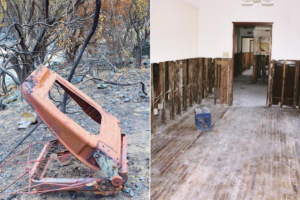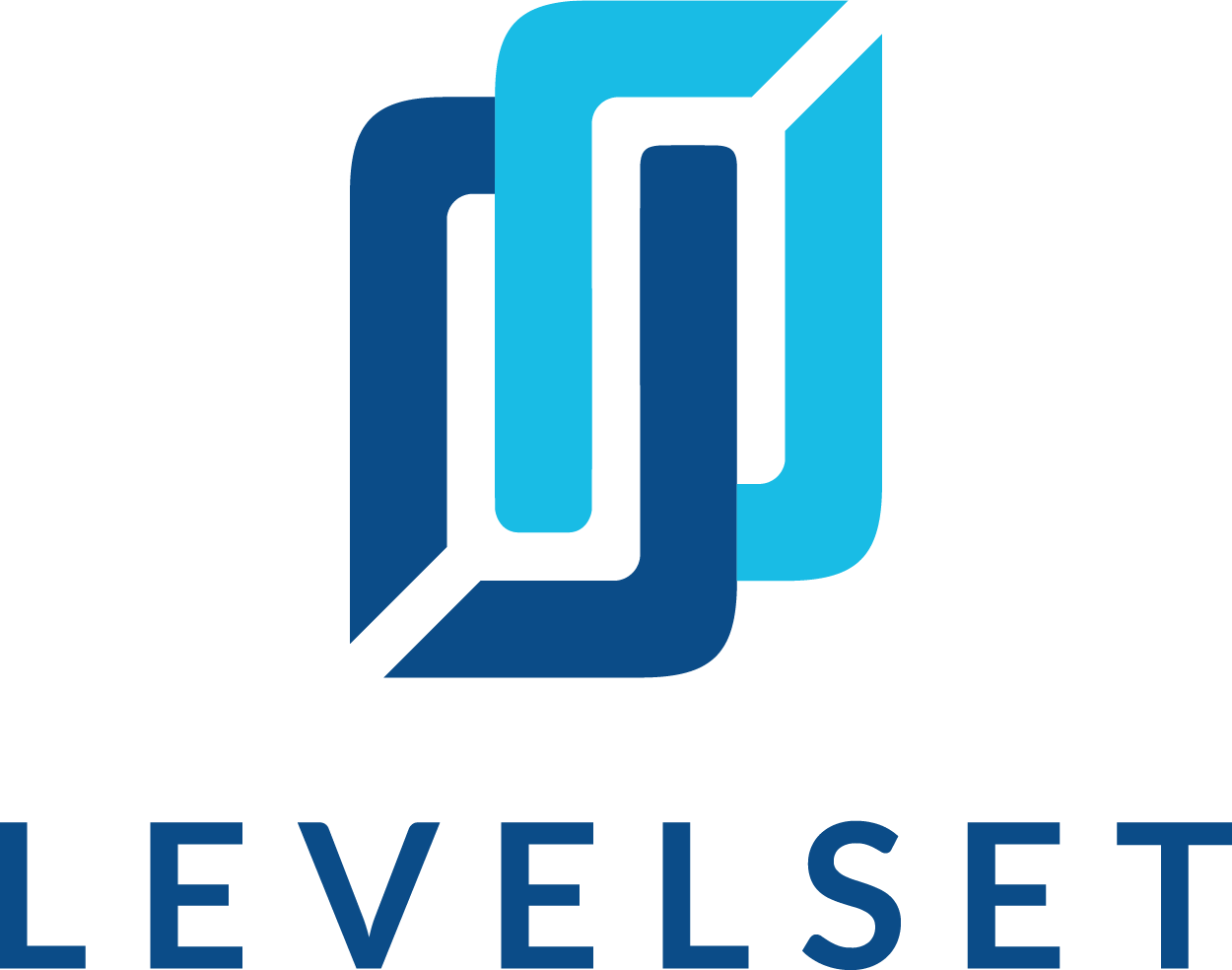
When a hurricane, tornado, fire, or other natural disaster causes property damage, property restoration companies will jump to the occasion allocating massive resources and labor forces to help solve these property damage problems. These property restoration companies are quick to mobilize and do their best to get the damages repaired for property owners (both residential and commercial property owners) as quickly as they can. Unfortunately, payment for this work is usually not as quick.
If you’re a property restoration company, or even if you’re just an all-around contractor, sub, or supplier that’s picking up some restoration business, we wanted to take a quick look at some of the challenges you may face when it comes to getting paid.
Is the Work Covered by Insurance?
On a property restoration project, perhaps the single most important question to ask is whether the recovery work is covered by insurance. If there’s a valid insurance policy, and if the property damage is covered under that policy, the property owner will typically use the proceeds from their claim to pay for the restoration work.
On the other hand, if there is no policy, or if the damage is not covered by the policy in place, then the property owner will have to rely on their own ingenuity and whatever resources they can muster to pay for the restoration.
The payment issues that the property restoration company may potentially face will primarily depend upon how the property owner intends to pay for the work.
Learn more: How Restoration Contractors Can Boost Cash Flow and Reduce Stress
When the Work Is Covered by Insurance
Just because the insurance company will be paying for the work, that doesn’t mean that there won’t be any issues. Here are a few things property restoration companies might want to consider:
Insurance Claims Can Take Forever
Sometimes, the scale of these naturals disasters can be massive. Other times, the natural disaster happened with little or no advance warning. Whatever the case, the insurance industry can take a long time when funding insurance claims for restoration work.
Whether or not a delayed claim will also delay the restoration work will depend on the unique circumstances of each property owner, but it just may have an impact.
Learn more:
How to deal with insurance adjusters during a claim
Assignment of Benefits for Contractors: Pros & Cons of Accepting an AOB
The Money Can Be Misallocated
Unfortunately, it happens. The owner receives their insurance settlement and the restoration work begins. The first one or two invoices get paid without a problem, and then….nothing. Turns out the owner took that vacation they always wanted instead of paying to have their home or office rebuilt.
Change orders are not covered
Complications can arise with change order work. Maybe the owner wants to do a full bathroom remodel since they are replacing the roof over the bathroom anyway. Or maybe once the work starts, some structural problem is discovered that isn’t covered by the original claim. In either case, if the owner has obligated himself to pay for items that won’t be covered by the insurance, what happens then?
The claim proceeds are not enough
Whether it’s because of a high deductible or a stingy damage assessment, it’s pretty common that the money available from the claim proceeds is not going to cover 100% of the work required to make the homeowner “whole” again. What happens when the work is needed but the insurance money isn’t there? If the homeowner can pay for it themselves, then great. But if not, then what?
When the Work Is NOT Covered by Insurance
Sometimes a natural disaster occurs in an area where some, or even most, of the property owners are not covered by insurance. This happened in New Orleans during Hurricane Katrina in 2005, (it happened to my own Grandmother in fact – her home flooded but was not in a flood zone and was not required to have flood insurance). It happened more recently to many of the Hurricane Harvey victims in Texas.
What happens when the property owner’s policy doesn’t cover the damage, or if the property owner didn’t have insurance at all?
Luckily for the homeowners in many (but not all) of these situations, FEMA steps in to help. But if you think that the insurance industry takes a long time to do things, well, how long do you think it’s going to take the Federal Government?? (Hint: a very, very long time.)
When FEMA steps in, they are in effect “taking the place of” the absent insurance company. Therefore, many of the potential payment issues that a property restoration company may face are going to be the same as above, with a few differences possible differences:
Even longer timelines
We just mentioned this but it’s worth saying again: FEMA-funded recovery projects move extremely slowly.
Property owners may be in dire financial straits
If the property owner didn’t have insurance to pay for their property restoration, then they may not have had insurance to pay for any of their other losses either. When that FEMA check (finally) comes in, many of these folks may find themselves in a terrible financial situation with circumstances even more pressing than restoring their property. It’s an awful situation, but it’s easy to see how some of this money might end up getting used for other needs.
FEMA funds don’t cover the work
Speaking from experience, the FEMA funds are almost never enough to make the property owner 100% whole again. Each case is different, but sometimes a property owner will end up authorizing more work than they can afford, in an attempt to just return to normal. It’s a terrible situation to be in – one that people around here know all too well.
Dealing with Insurance Payments Is Never Easy…But You Can Make It Better
Quite a few of our customers at Levelset are property restoration companies. These range in size from massive companies that work on gigantic commercial recovery projects nationwide, to large property restoration companies that focus on residential work on a national or regional basis.
Therefore, we have a great deal of valuable experience in this area. If you’re a property restoration company and have some questions, please get in touch with us. We’re here to help you get paid.
We also have a free resource that’s available for you to download. Click to download your copy of the Disaster Recovery Cheat Sheet.


